Master of Science in Horticulture
2025-09-25 9:24Master of Science in Horticulture
Master of Science
in Horticulture
Course Duration : 2 Years
MSc in Horticulture Course Details & Duration
Overview of MSc Horticulture
MSc Horticulture at Alpine College, Dehradun is a 2-year postgraduate program that focuses on the scientific study of plant cultivation, including fruits, vegetables, ornamental plants, spices, medicinal herbs, and landscape gardening. The course is ideal for students aiming to build a career in commercial horticulture, agri-business, landscaping, research, and government agricultural services.
Alpine College blends theoretical instruction with hands-on training in advanced horticultural practices, greenhouse technology, plant breeding, and post-harvest management, preparing students for success in both academia and industry.
Course Highlights
A course in horticulture provides students with a comprehensive understanding of plant science, cultivation techniques, and business management skills necessary for careers in horticulture, landscaping, agronomy, floriculture, greenhouse management, and related fields.
Horticulture is a branch of agriculture that focuses on the cultivation of plants for food, medicinal purposes, ornamental uses, and landscaping. A course in horticulture typically covers a wide range of topics related to plant science, cultivation techniques, landscaping, and business management. Here's an overview of what you might expect from a course in horticulture Plant Propagation, Plant Nutrition and Fertilization, Pest and Disease Management, Greenhouse Management, Landscape Design, Fruit and Vegetable Production, Ornamental Plant Production etc.
M.Sc. Horticulture Course Details
MSc Horticulture Syllabus at Alpine College
The curriculum is designed according to ICAR and UGC guidelines, combining both core and elective subjects that reflect the demands of the horticulture industry and academia.
Semester-wise Breakdown:
Semester 1:
- Fundamentals of Horticulture
- Plant Propagation Techniques
- Soil and Fertility Management in Horticultural Crops
- Practical Training & Field Visits
Semester 2:
- Fruit Science
- Vegetable Science
- Protected Cultivation (Greenhouse/Polyhouse Technology)
- Lab Practicals & Fieldwork
Semester 3:
- Floriculture and Landscaping
- Post-Harvest Management of Horticultural Produce
- Plant Breeding & Genetics in Horticulture
- Research Methodology
Semester 4:
- Medicinal and Aromatic Plants
- Dissertation/Thesis Work
- Seminar & Viva Voce
🌼 Alpine College provides access to greenhouses, nurseries, demonstration farms, and modern labs for effective practical training.
Eligibility Criteria for MSc Horticulture at Alpine College
Applicants must meet the following criteria to apply:
- Academic Qualification: B.Sc. in Horticulture, Agriculture, or a related field (e.g., Forestry, Agri-Biotech)
- Minimum Marks Required: 50% aggregate (Relaxation available for SC/ST candidates)
- Entrance Exam: Not required. Direct admission available.
Direct Admission at Alpine College, Dehradun
Alpine College offers direct admission for eligible candidates into the MSc Horticulture program without requiring an entrance examination.
Admission Process:
- Apply Online/Offline through Alpine College’s official website or visit campus
- Submit Documents: UG degree, mark sheets, ID proof, photographs
- Counseling/Interaction (if applicable)
- Confirm Your Seat by submitting the registration/token fee
✅ No entrance test required. Admission is granted based on merit and availability of seats.
Career Scope After MSc Horticulture
Graduates from Alpine College with an MSc in Horticulture are well-positioned for careers in government agencies, horticulture-based enterprises, landscaping firms, research organizations, and agricultural universities.
Job Roles After MSc Horticulture:
- Horticulture Officer
- Nursery Manager
- Floriculturist / Landscape Designer
- Farm Supervisor
- Agricultural Scientist
- Post-Harvest Technologist
- Research Associate / Lecturer
Recruiters & Placement Partners:
- National Horticulture Board (NHB)
- ICAR Institutes
- Agricultural & Horticulture Departments (State & Central Govt.)
- Private agri-business firms (FMCG, seed, and fertilizer companies)
- Floriculture exporters and plantation companies
Alpine College’s placement cell works closely with industry to offer internships and job opportunities for graduates.
Fees for MSc Horticulture at Alpine College
The fee structure for MSc Horticulture at Alpine College is designed to be affordable and competitive, offering excellent value through modern infrastructure, practical training, and placement support.
💰 Want to know exact fee details, scholarships, or installment plans for MSc Horticulture?
👉 Click here to receive personalized fee info & admission guidance! (CTA or lead form button)
Some of the Popular Career Paths Include

Life of a
Student in Horticulture
Cultivate your expertise in pharmaceutical horticulture. In this Master's program, you'll explore how plant cultivation and landscaping contribute to the aesthetics and functionality of pharmaceutical spaces. Your journey involves creating environments that foster healing and well-being through the art and science of horticulture.
Download Brochure
Why Choose Alpine College, Dehradun?
UGC & Govt.-recognized programs
Practical exposure through demo farms, greenhouses & nurseries
Expert faculty with horticulture research experience
Located in the lush and ideal agro-climatic zone of Dehradun
Hostel & on-campus facilities available
Dedicated placement assistance
Our Proud Alumni

Animesh Banerjee

Jameson

Mritunjay Chaudhary

Lakshmi S. Nath

Pasan Pavan Kalyan

Rahul Jaiswal

Shivam Kumar

Yadhika Ghatani

Praveen Kumar Thakur

Shaswat Deep

Ritik Kumar
Photo Library
Crafting careers, fueling dreams. Where learning meets adventure, everyday.





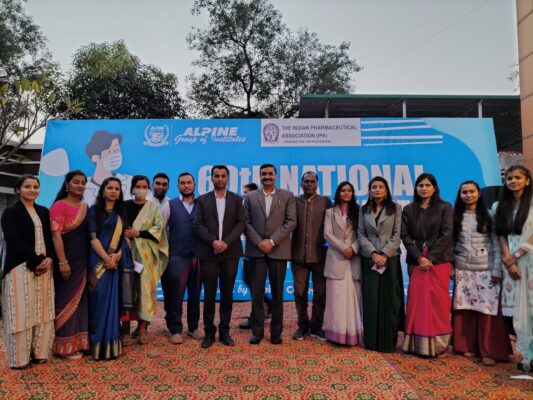
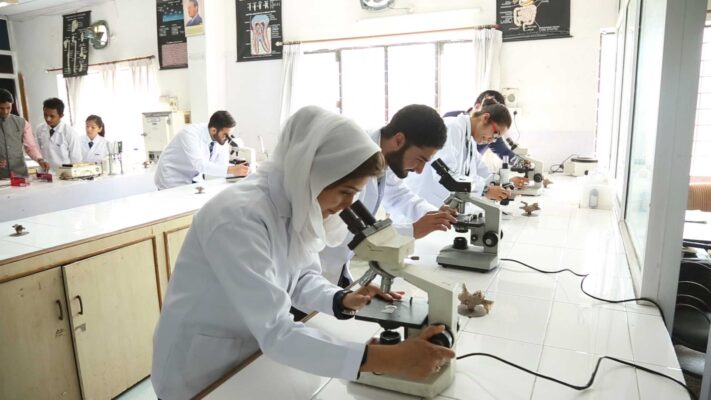





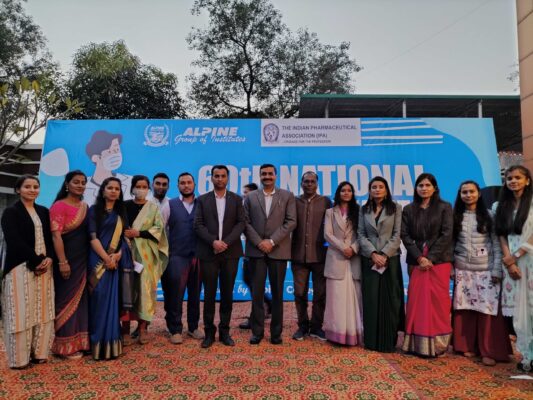

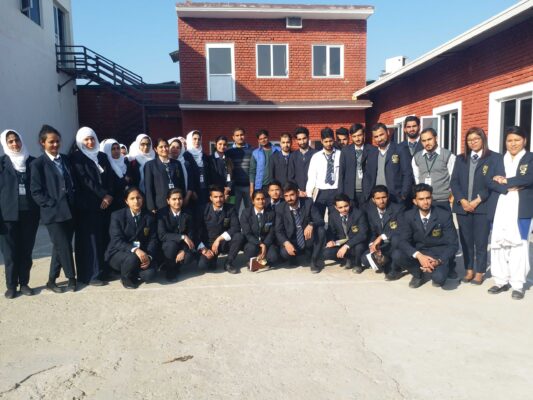
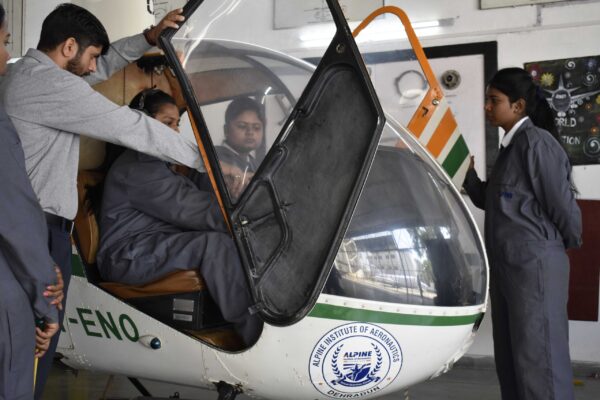



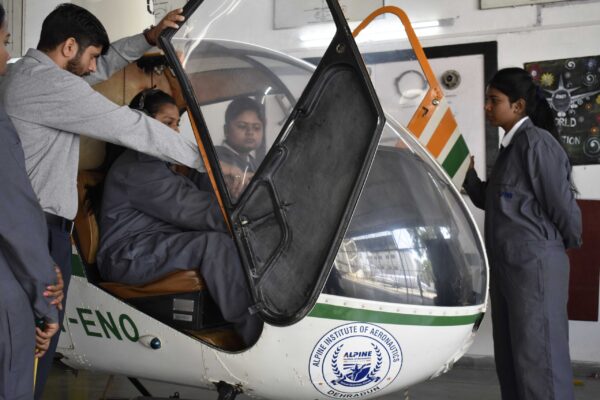

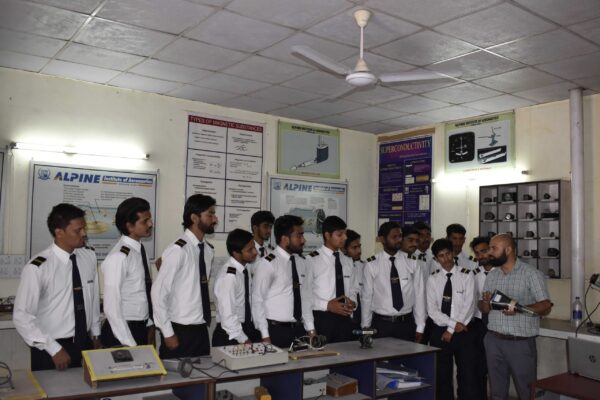








Frequently Asked Questions
A degree in horticulture can lead to a variety of career opportunities in both the public and private sectors. After a M.Sc. in Horticulture, students generally take up internships and from there begin to work after gaining some experience. The employment areas after masters in horticulture are Horticulture Officer, Field Officer, Sales and Marketing Officer, Research Scientist, Hi-Tech Farming, Projects (AICRP) Manager in Government and Private agencies, Industry support, Landscape Management, Greenhouse/Nursery Manager, Pest Management, Horticulture Supervisor, Assistant Professor, Subject Matter Specialist Horticulture (SMS) in Krishi Vigyan Kendra.
These are just a few examples of the career paths available to someone with a horticulture degree. Depending on your interests and skills, there are many other opportunities to explore within the field of horticulture and related areas such as agriculture, environmental science, and plant biotechnology. Top of Form
A horticulture degree opens up diverse career paths in areas such as agriculture, landscaping, research, education, and more. With increasing interest in sustainable living and environmental conservation, there’s growing demand for professionals with expertise in plant science and horticulture. The global population is increasing, leading to higher demand for food, ornamental plants, and green spaces. As a result, there’s generally good job security for individuals with horticulture qualifications, especially those who stay updated with industry trends and technologies.
With a strong foundation in horticulture, you may choose to start your own business. Whether it’s a landscaping company, a nursery, an urban farm, or a consultancy firm, there are numerous entrepreneurial opportunities in the field. Overall, a horticulture degree offers a combination of professional opportunities, personal fulfillment, and the chance to make a positive impact on the environment and society.
The specific requirements for admission to a Master of Science (M.Sc.) program in Horticulture can vary depending on the university and country. However, there are some common prerequisites and qualifications typically expected of applicants:
Bachelor’s Degree: Generally, you need a bachelor’s degree in a related field such as horticulture, agriculture, biology, botany, plant science, or a related discipline. The degree should be from a recognized institution.
Academic Performance: Usually required, with a minimum GPA (Grade Point Average) requirement set by the institution. This GPA threshold may vary depending on the competitiveness of the program.
Additionally, meeting the minimum requirements does not guarantee admission and selection is often based on a holistic evaluation of the applicant’s qualifications and potential for success in the program.
A Master of Science (M.Sc.) program in Horticulture typically covers a wide range of areas related to plant science, crop production, and sustainable agriculture. The specific curriculum can vary depending on the university and program focus, but the common areas that M.Sc. Horticulture programs often cover are Crop Production and Management, Horticultural Crop Science, Green House and Nursery Management, sustainability and Environmental Stewardship, Plant Breeding and Genetics etc.
Overall, M.Sc. programs in Horticulture aim to provide students with a comprehensive understanding of plant science, crop production, and sustainable agriculture, while also equipping them with practical skills and research experience to address real-world challenges in the field.




